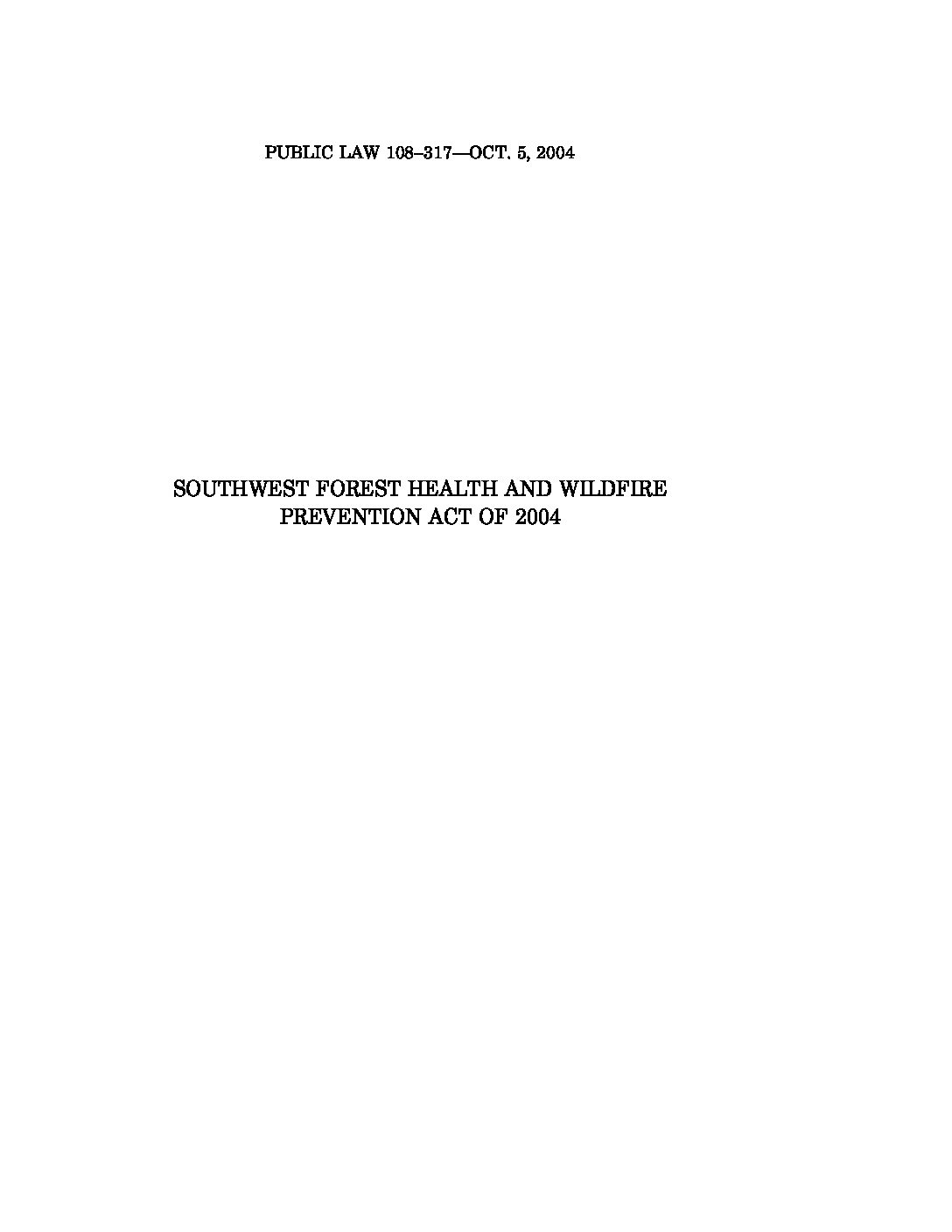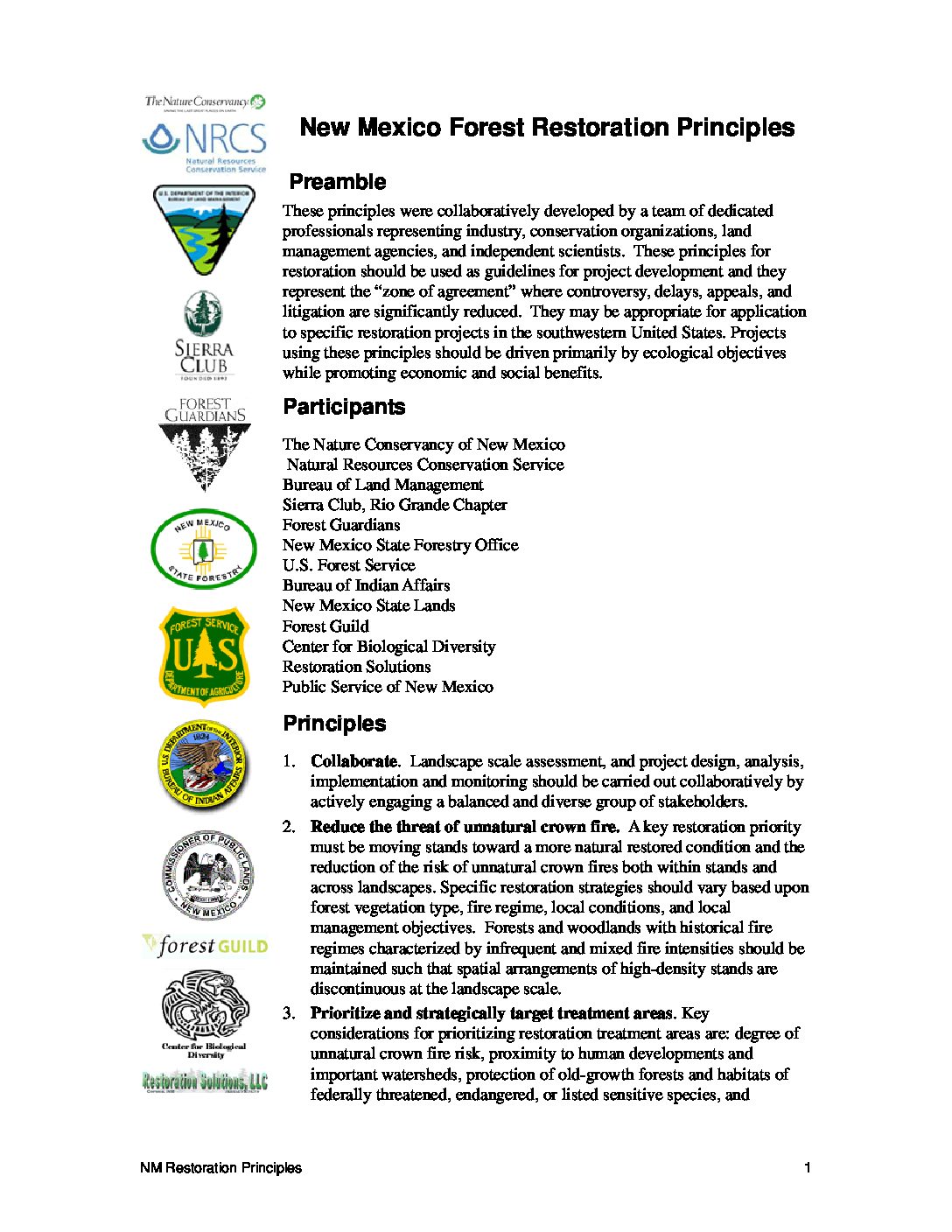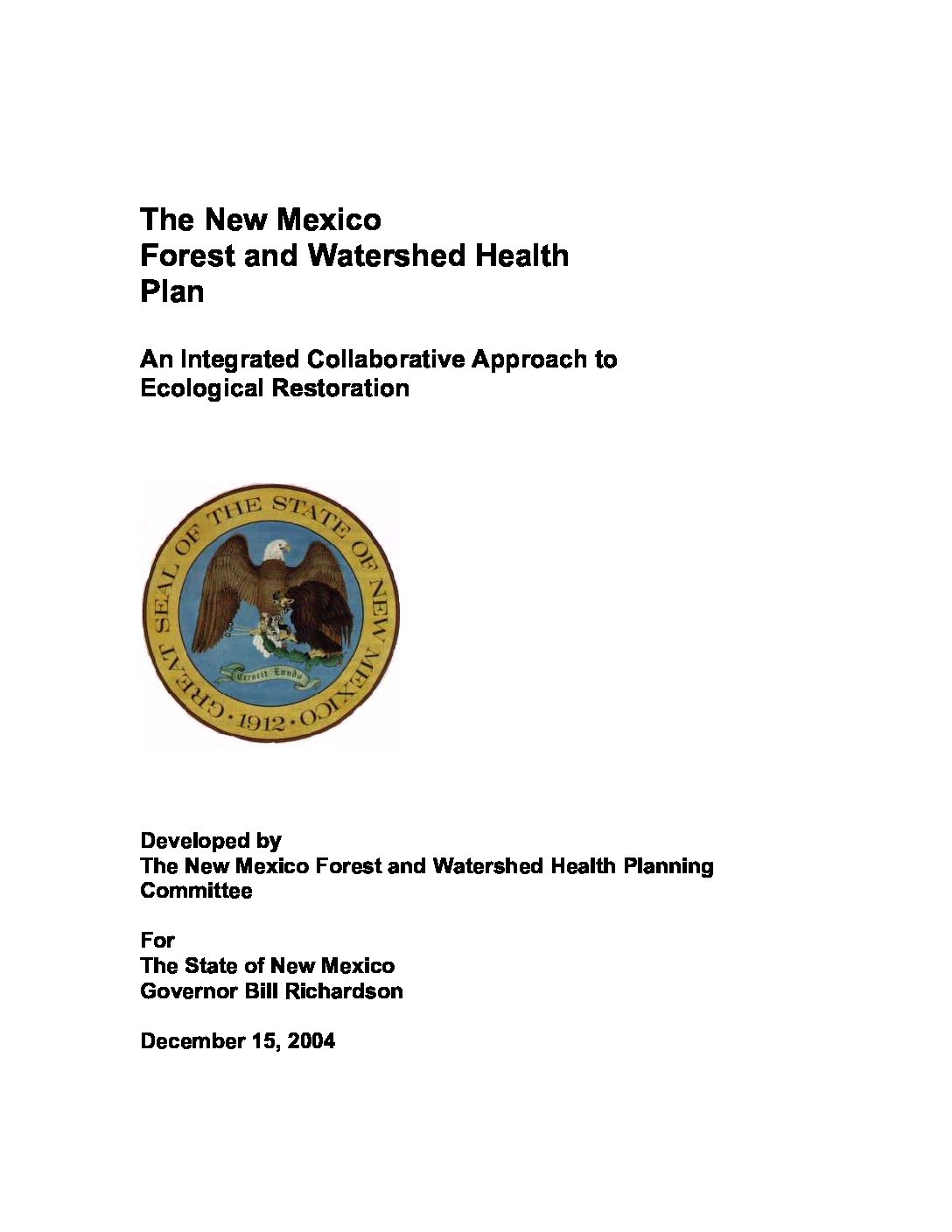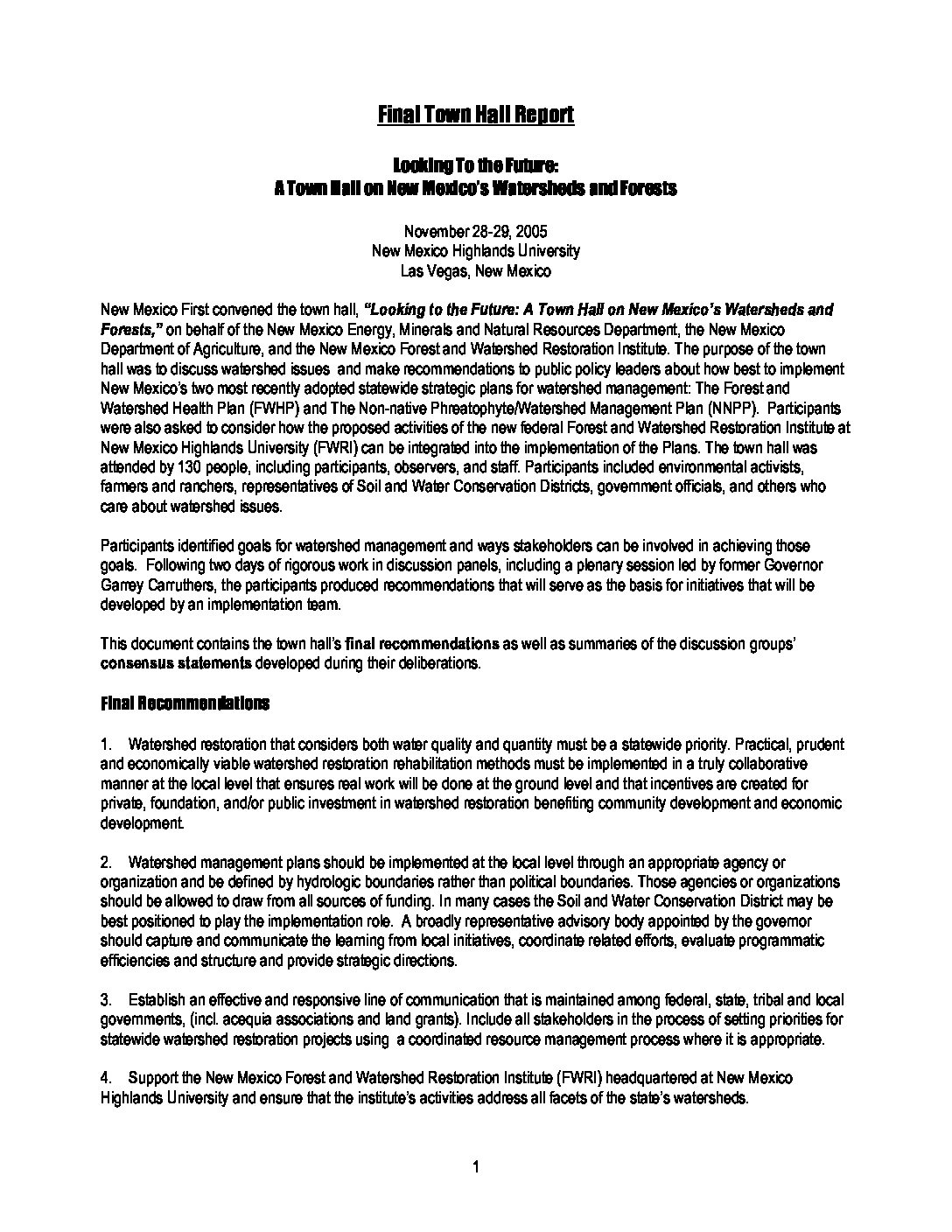The staff at New Mexico Forest and Watershed Restoration Institute:
- Provides state-of-the-art information about forest and watershed restoration to the public, federal and state agencies, tribes, and private landowners in New Mexico.
- Collaborates with citizen stakeholders, academic institutions, NGOs, and professional natural resources managers to establish a consensus concerning prescriptions and monitoring protocols for use in the restoration of forests and watersheds in an ecologically, socially, and economically sound manner.
- Promotes ecological restoration and forest management efforts in ways that:
- Keep New Mexican homes and property safe from wildfire.
- Lead to a more efficient recharge of New Mexican watersheds.
- Provide local communities with employment and educational opportunities.
For more information contact:
Dr. Alan Barton
Director
(505) 426-2081
awbarton@nmhu.edu
Mission
We work to reduce catastrophic wildfires and restore resilient, fire- and climate-adapted ecosystems. We collaborate with partners and engage communities to bridge scientific and local knowledge and build capacity in landscape-scale adaptive management.
Vision
The New Mexico Forest and Watershed Restoration Institute envisions a fire- and climate-adapted New Mexico that prioritizes cross-boundary collaboration for healthier human and ecological communities, sustainable economies, and environmental justice.
The New Mexico Forest and Watershed Restoration Institute will be widely recognized as a vital source of technical assistance and a key region-wide innovator and collaborator on the biophysical, socio-cultural, and economic dimensions of forest and watershed restoration.
Vision Statement Definitions:
Fire-Adapted: In a fire-adapted state, people understand that fire plays a functional role in natural ecosystems and accept and co-exist safely with fires on the landscape.
Healthy Human Communities: Healthy human communities are rooted in mutual well-being, connection with neighbors, engagement in relevant issues, thriving local economies, and appreciation for well-informed choices. In healthy communities, everyone has access to outdoor spaces, clean air and water; understands their connections to their local ecosystems and watersheds; and shares responsibility for maintaining sustainable ecological systems.
Healthy Ecological Communities: Healthy ecological communities are climate-adapted, resilient and regenerative with a diversity of flora and fauna, and complex interconnections among all living and non-living components, such as animals, landforms, soil, vegetation, and people.
Cross-boundary Collaboration: Cross-boundary collaboration strives for inclusive participation of stakeholders, representing diverse interests across large landscapes and multiple jurisdictions, to resolve conflict and coordinate restoration strategies, goals, and actions.
Sustainable Economy: A sustainable economy is resilient, connected to place, honors traditional knowledge and creates diverse living wage jobs that reduce waste while recognizing the vital importance of ecosystem services.
Environmental Justice: In a just society, transparency, compassion, nondiscrimination, opportunity, and fairness are prioritized. In a land management context, there would be open access to assistance and information; fair representation and participation in decisions that affect individuals and groups; recognition of cultural relevancy; and protection from environmental harms.




